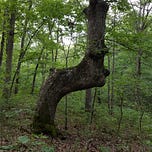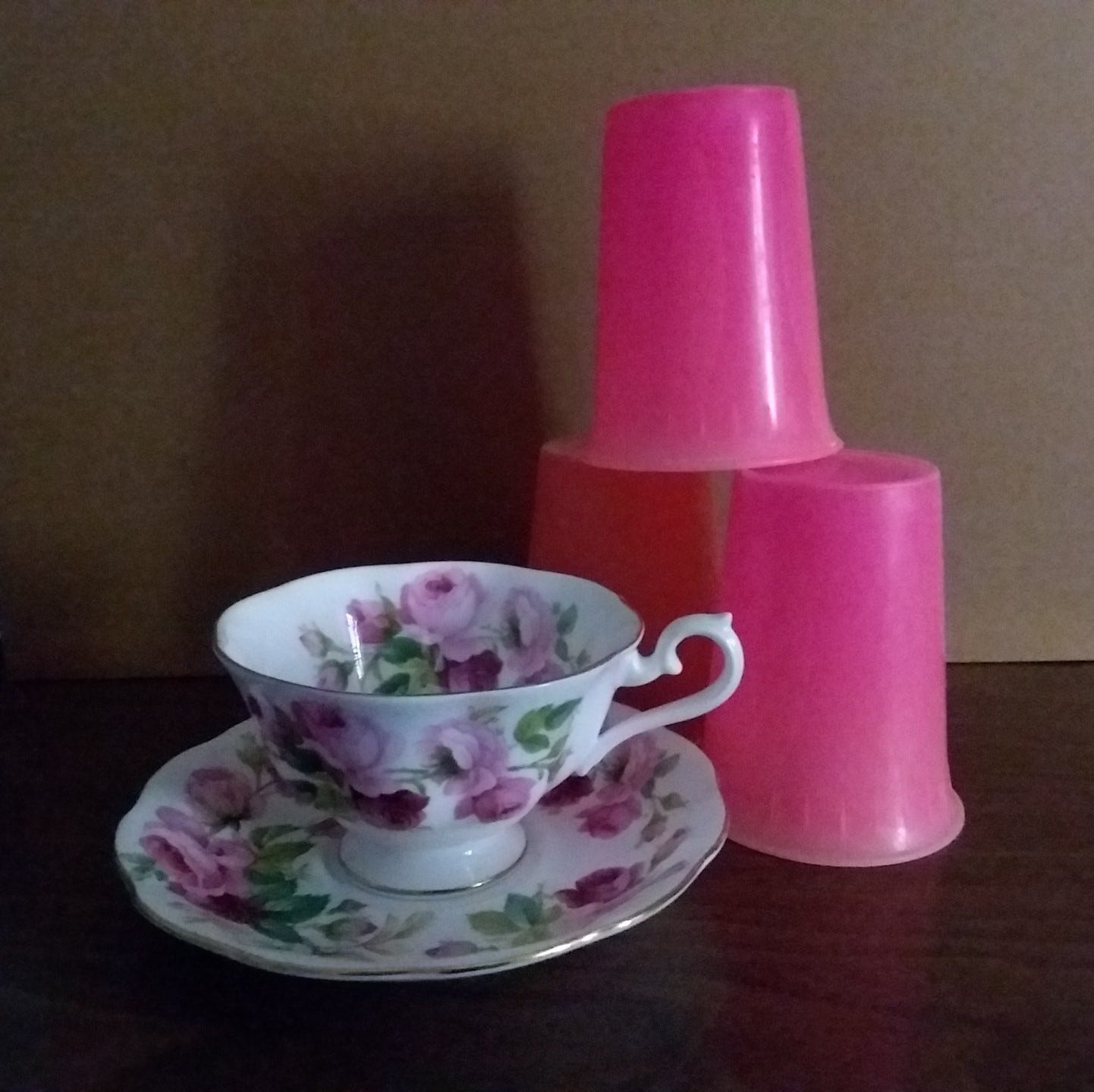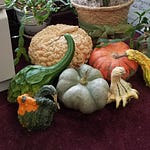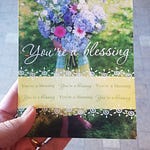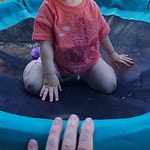What does it mean to be safe? Certainly, there is danger in not being kept safe enough; but is it possible to be kept too safe? I’ve been pondering an intriguing concept called antifragility and how humans might need to become less safe to become more strong.
My Mysterious Mind
Are human beings fragile, like porcelain? Or are they flexible, like plastic cups? Nassim Nicholas Taleb, professor of risk engineering at New York University, argued that humans are not like porcelain or plastic. In his book Antifragile, he asserted that humans require stressors or challenges to develop normally and to become stronger. Like muscles, people will become weaker if protected from difficult demands.
I’ve been reading The Coddling of the American Mind (2018) by Lukianoff and Haidt. The subtitle is: “How good intentions and bad ideas are setting up a generation for failure.” The authors described the recent increased focus on being safe, which has extended beyond physical safety to include emotional “safe spaces.” Similarly, being “in danger” has broadened, applied now to being exposed to ideas or opinions that elicit distress. Lukianoff and Haidt proposed that young people are becoming emotionally weaker because of overprotection from emotional stressors.
In fact, anxiety and depression have dramatically increased in adolescents and young adults in America. Social media is often shown to be a contributing factor, and correlational studies support that possible explanation. The amount of social media use is highly correlated with anxiety and depression; higher amounts of each tend to happen together, as lower levels of each do also. But, for now, I want to just focus on the hypothesis of antifragility. If Lukianoff and Haidt are right, being kept too safe will lead to becoming too weak for life that is inevitably not safe.
As Friedrich Nietzsche said, “That which does not kill us makes us stronger.” He would agree with the concept of antifragility. Adversity builds resilience. Avoiding difficult situations does not. Like muscles, lifting something heavy grows muscles; not lifting anything heavy allows muscles to atrophy. Being kept too safe might be dangerous.
Message of Mystery Acres
There are a lot of bugs in the forest. A walk through the trees, especially in the fall, will necessitate clearing spider webs out of the way. Preparing the cabin for visitors involves spraying for bugs and sweeping the floors of dead insect carcasses. These critters live in the forest all the time; we are the visitors. It’s impossible to remain in the forest and escape bugs.
Our oldest grandson has anxiety about bugs, especially spiders. If he spots a bug in the house, he calls his younger brother who has no fear, of bugs or anything really. The younger brother catches the bug and takes it outside. I think he kills the spiders. Both little boys love to go to Mystery Acres and chase grasshoppers in the clearing. The older one uses a net to catch them; the younger one just uses his bare hands.
In early April we stayed at Mystery Acres and took a walk into the woods. We didn’t go very far the first day but the next day the oldest grandson wanted to push deeper. Off we went into the part of the forest more overgrown with plants. A few times we encountered spider webs along our path. I thought this might be a deal-breaker for the spider-fearing older boy. But he kept going.
After some time, though, his courage began to wear thin, and he wanted to go back. For a few minutes he worked to get someone to walk back with him. We told him we were determined to make it to the mystery pond a little farther into the woods. He renewed his courage and pressed on with us, past more spider webs.
We found the pond and explored its mysteries for a long time. The boys tried to skip rocks. We examined a dilapidated camper and an abandoned pontoon boat. What a reward for pushing through those spider-web-lined paths! Both boys wanted to stay so long that my husband and I finally insisted we walk back to the motorhome.
The message of Mystery Acres is an invitation to adventures that await on the other side of what makes us uncomfortable. Playing it safe ignores the call to push past fears, finding courage and strength for the journey. I believe our bug-anxious grandson is stronger because of those walks into the forest, facing his fears, but pressing onward anyway. He is neither porcelain teacup nor plastic cup; he is an antifragile little man who needs to know how to be afraid but defeat that fear by moving forward towards the adventures of his future.
Ancient Mystery’s Voice
“God arms me with strength…He trains me for battle…His help is my shield.” (See Psalm 18 verses 32, 34, 35)
Does God shelter His children from danger? No, I believe He protects them from harm while facing danger. The writer of Psalm 18 described in 50 verses how God helped him deal with his enemies. I especially like verse 37, where the writer said of himself: “I chased my enemies and caught up to them; I kept fighting until they were destroyed.”
Though writing about physical enemies, the psalm can be applied to what attacks our peace and sense of well-being in modern, non-war, settings. Enemies such as discouragement, fear, despair, and doubt can steal courage, peace, joy, and hope. These thieves are ready to attack each of us every day, immediately after we open our eyes from slumber. In moments, a sense of eager anticipation for the day the Lord has made can be shifted to a feeling of dread for what lies ahead. Our enemies, working for The Enemy, love to keep us shuffling under the weight of their attacks.
But living under attack is not God’s plan for His children. Unlike safety-obsessed parents, God the Father wants to prepare and equip His children for inevitable battles. He arms us with strength; He trains us for battle; He helps us fight by shielding us from harm. What He doesn’t do is tell us to run and hide and wave a flag of defeat.
The writer of the Ancient Words in Psalm 18 described a fierce battle in which the Lord fought with him. At times the writer needed to be rescued when the battle became too dangerous, but at no point does He describe running from the battle and declaring defeat. He did take refuge from the battle, which all wise soldiers do sometimes. Ultimately, however, the writer found the strength for victory. In verse 38, the author stated that his enemies were “crushed,” and “fell beneath” his feet.
Our Creator did not intend for us, His creation, to be either fragile porcelain or flexible plastic. His goal for His children is for them to be strong, not for them to be safe. That sounds like antifragility to me.
Living in Mystery
What does it mean to live in the mystery of antifragility, where we may need to be less safe to become more strong? First, it means recognizing how the emphasis on being safe has become pervasive in modern times, moving beyond meaning protected from physical danger. I particularly noticed this as an aftereffect of the recent pandemic. I heard the word “safe” so often it made me ill. In the university setting, especially in discussions about student well-being, the emphasis on “safe spaces” meant places where students could be protected from those who might disagree with them or have prejudice towards some aspect of their identity. These were not spaces of protection from physical danger, but protection from words.
A specific shift each of us can make is to constrain how we use the term “safe.” This concept has crept outward to refer to emotional situations, not just physically dangerous ones. The word “safe” is better used for just protection from whatever is physically dangerous. Using “safe” for uncomfortable stuff helps people think they need to avoid what is hard. Doing so only makes life more emotionally dangerous because we become too weak to cope with the tough stuff.
Another way to live in the mystery of antifragility is to examine yourself. What hard thing are you avoiding? Maybe a difficult conversation, a scary task, or a place of grief? A strange phenomenon happens when we run from something. What chases us becomes stronger the longer we run; and we become weaker while trying to escape. The only way to really escape such pursuers is to stop and face them. Anxiety can be overcome by facing what is feared, not by avoiding it.
Feeling anxious brings a motivation to move away from whatever is triggering the anxiety. This is adaptive in situations of physical danger, such as predators chasing prey. Unfortunately, most modern cues for anxiety cannot be resolved by physical escape, though the motivation to run is still present.
Living in the mystery of antifragility means moving towards our enemies, having those difficult conversations, doing something necessary but scary, or walking into a place of grief so we can move past it. Taking refuge is healthy when we are too weak for battle; but hiding out too long will only make us weaker. Strength for life is developed from doing the hard stuff.
As an old mom to young parents, I caution you against pampering your children. If you protect them from too much of what might is potentially distressing, they’ll be too soft for a world that’s not always kind. What Lukianoff and Haidt call “safetyism” is an obsession with eliminating threats; it “deprives young people of the experiences their antifragile minds need, thereby making them more fragile [and] anxious” (p. 32). Don’t fight your children’s battles for them; prepare them to face difficult situations, becoming stronger from the struggle. Teach them how to remain unaffected when the words of others might trigger a negative emotional reaction. Sticks and stones can be harmful; words don’t need to be considered dangerous. For additional, specific suggestions, I strongly recommend you read chapter 12, “Wiser Kids,” in Lukianoff and Haidt’s book.
Tough situations are like the wind. Are you a fragile candle easily snuffed out, or a campfire fueled by the movement of oxygen? I’ve watched a campfire continue to blaze through rain and wind. I want to be more like that, and less like the weak flame of a tiny taper. I raised my children to be resilient campfires, and I hope they raise their children in the same way. In a culture that has shifted to being too safe, true safety only comes from facing what is uncomfortable. In the end, it is dangerous to be too safe.
Connecting with Mystery
Dear Lord of All Mystery, thank You for creating me to be antifragile, neither fragile porcelain nor flexible plastic. Help me to face my enemies, equipped by You, becoming stronger from the difficulties. Give me the courage to chase whatever has been chasing me. Thank You for helping me face and defeat the enemies in my life. Amen.
Notes from Dr. Mac
If you want to do your own investigation of any of the scriptures I use, I suggest you go to Bible Gateway. This free online version of the Bible allows a search of words or phrases. Various translations can be selected from the old-time language of the King James version to the more modernized language of The Message. Psalm 18, in its entirety, is a great pep talk for facing your battles with the help of the Lord.
Here’s the reference for the book I am reading:
Lukianoff, G., & Haidt, J. (2018). The coddling of the American mind: How good intentions and bad ideas are setting up a generation for failure. Penguin Books.
You can find previous posts of my work at my ARCHIVE and organized compilations in the My Books section. You can also find Mystery’s Voice on Spotify.
I want to know what you’re thinking! You can email me at: Dear Dr. Mac or leave/send a message (see below). I love hearing from you!
